Children grow fast, especially in their early years. They often learn new things quickly and reach new milestones at a surprising pace. A child starts learning more things on their own and figures out the world during these early years. Parents can help them keep growing by enrolling them in a preschool program.
Deciding when a child is prepared to start preschool can be a big task for parents. It is important to consider factors such as the child’s social and emotional development, as well as their readiness to engage in structured learning activities.
Best age to start preschool
While the preschool age for some children may be as early as two or three, others may benefit from waiting until they are four or five. Every child is unique, so it’s essential to assess their individual needs and abilities before making a decision.
Child’s readiness to attend preschool
Parents can look for some signs that will indicate their child is ready for preschool. These include showing an interest in playing with other children, following simple instructions, and being able to communicate their needs effectively. Additionally, children who have had positive experiences in daycare or playgroup settings may be more prepared for the transition to preschool.
It is known that preschool is where young kids often pick up on transitions, school routines, following directions, and taking turns.
Ticking the following check boxes ensures that a child has attained a come-off preschool age.
Routines
Preschoolers follow routines for most of their day. A child spends most of their day transitioning from task to task. This transition and a routine play a significant role in every child’s day.
It’s a good idea to help children practice moving between activities before they start preschool. Children don’t need to be experts at transitions before starting preschool, especially if they have special needs.
Communication
It benefits the children if they can communicate with adults and peers at the start of preschool. A child with delayed speech and language skills may still benefit from being in a preschool environment even if they can’t express their feelings and needs verbally.
Following instructions
Early educators are skilled at helping children follow instructions and making daily routines enjoyable. It’s important for your child to have some practice following directions at home. You can practice by asking them to put on their socks or hand you a specific toy.
Play with other children
A child should have some experience playing with other kids before starting preschool. Their social skills don’t need to be perfect, but being comfortable with peer interaction is beneficial.
Ultimately, the decision of when to start preschool should be based on what is best for the child and their overall development. Not just by attaining a play school age. By taking the time to evaluate their readiness and considering their individual strengths and challenges, parents can help ensure a smooth and successful transition to preschool.
Benefits of preschool
Preschool offers many benefits for children.
- It helps to build academic foundations like the alphabet, numbers, shapes, and colors.
- Children also develop language skills by learning new words and expressing themselves.
- Social skills are nurtured through activities like sharing, taking turns, and following directions, teaching kids how to interact in a group setting.
- Preschool also promotes social-emotional skills, acceptance, and diversity by exposing children to different peers and perspectives.
How to prepare a child for preschool
Preparing your child starts with being prepared as a parent. Parents must be prepared physically and mentally to send their child to preschool.
Parents and children may feel nervous about big changes, but it is important to celebrate the transition to preschool as it marks an exciting new chapter in your child’s life and their first step into formal education.
Parents can follow the following steps for their child’s preschool preparation.
- Visit the school
- Read books on how to start preschool
- Try doing some basic things on your own (putting on and taking off shoes, washing hands)
- Play make-believe to learn about preschool (sharing, playing with others, etc.)
At Mother’s Pet Kindergarten, we believe in learning through play. We provide a range of activities to help children discover their strengths and grow in confidence. We offer activities that are suitable for each child’s stages of development.
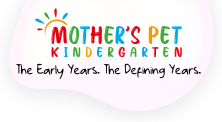
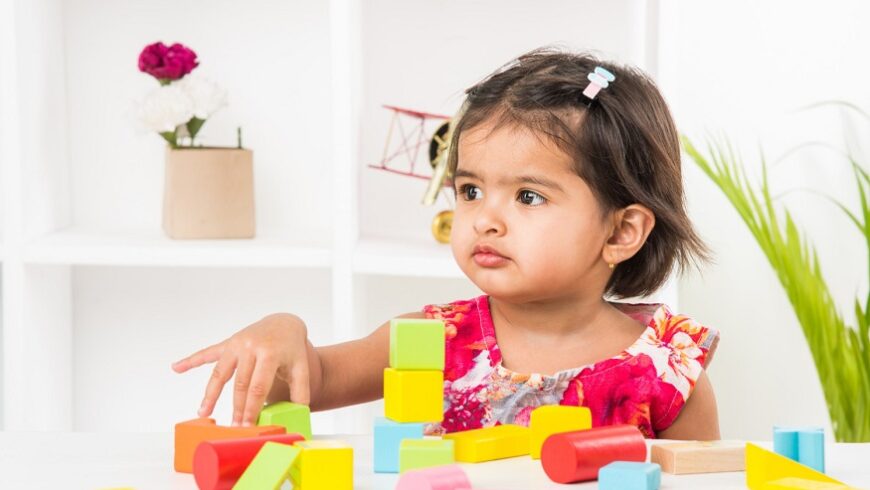
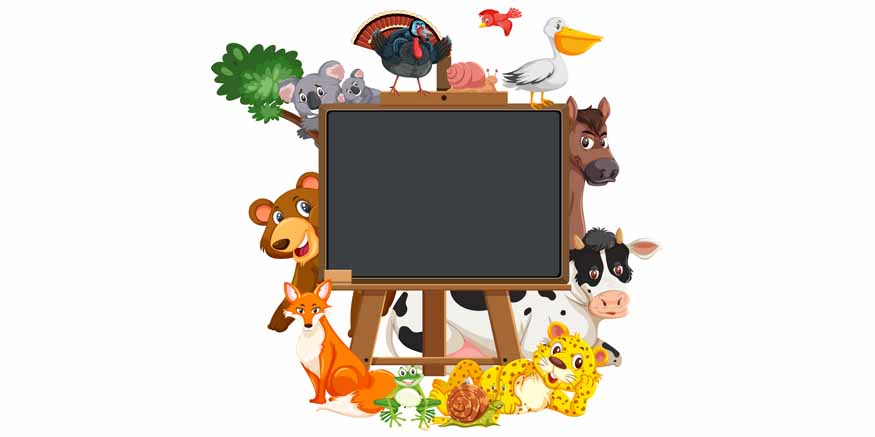
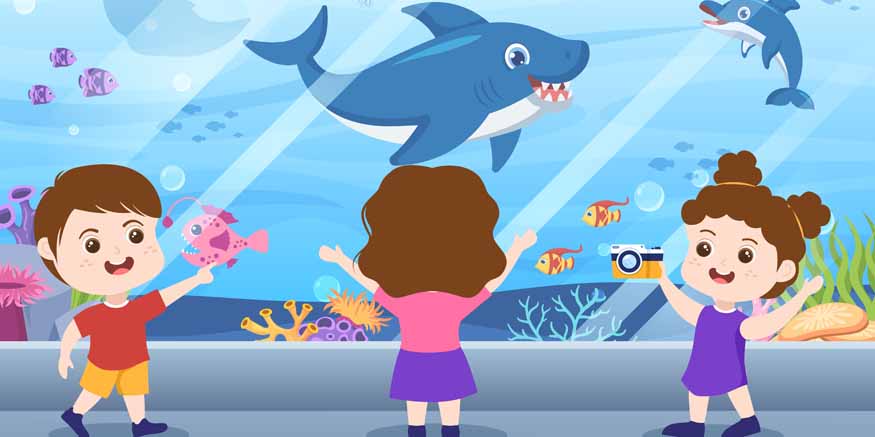
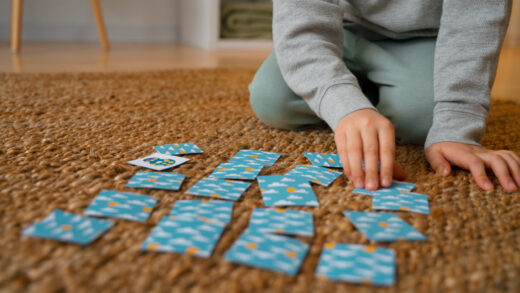
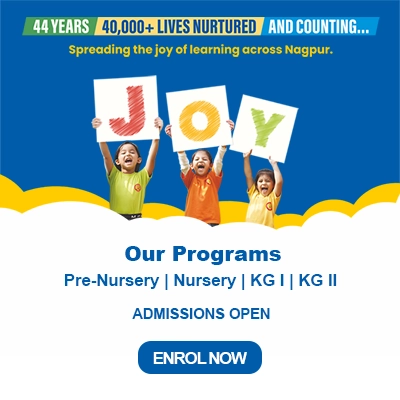

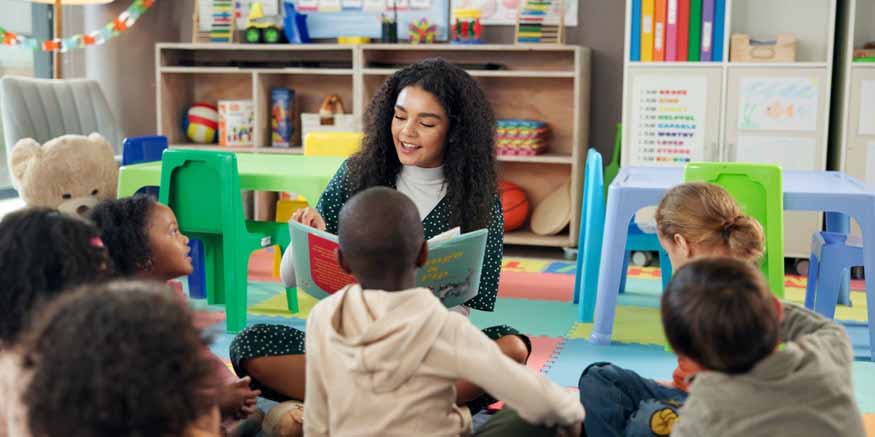
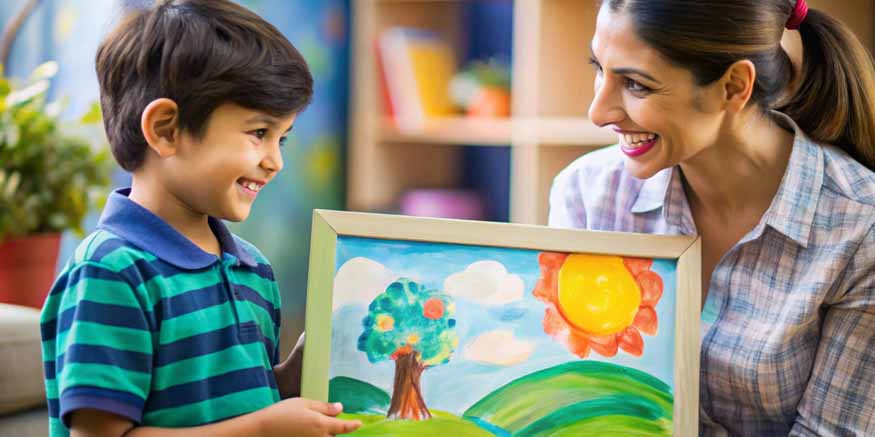
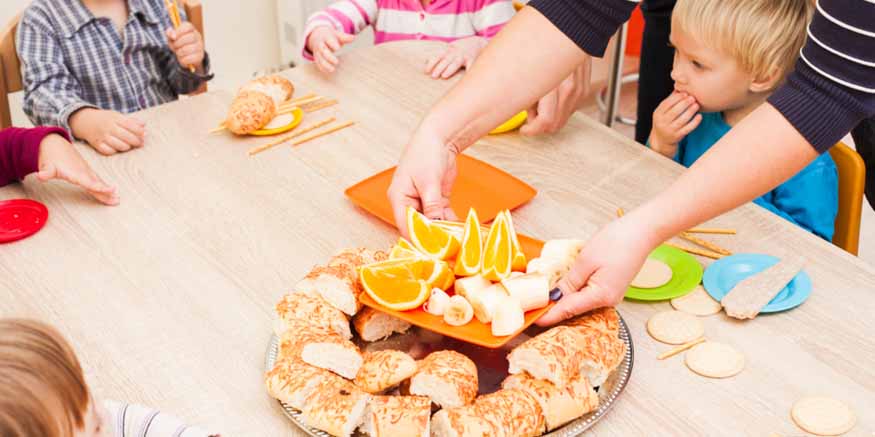

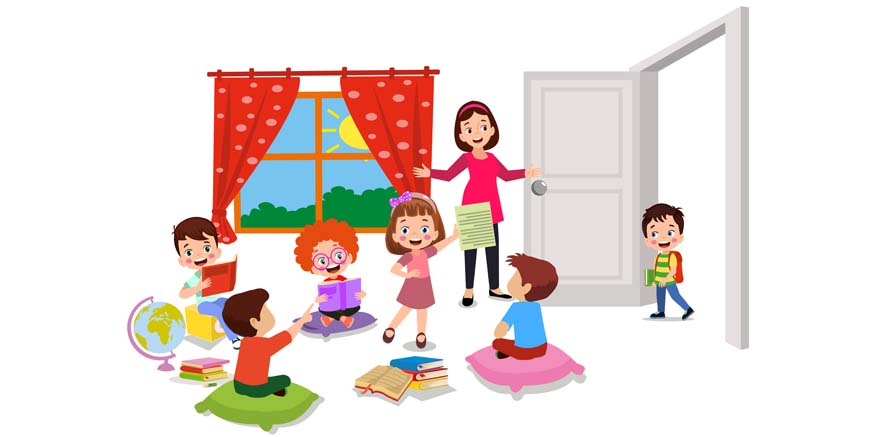

Recent Comments